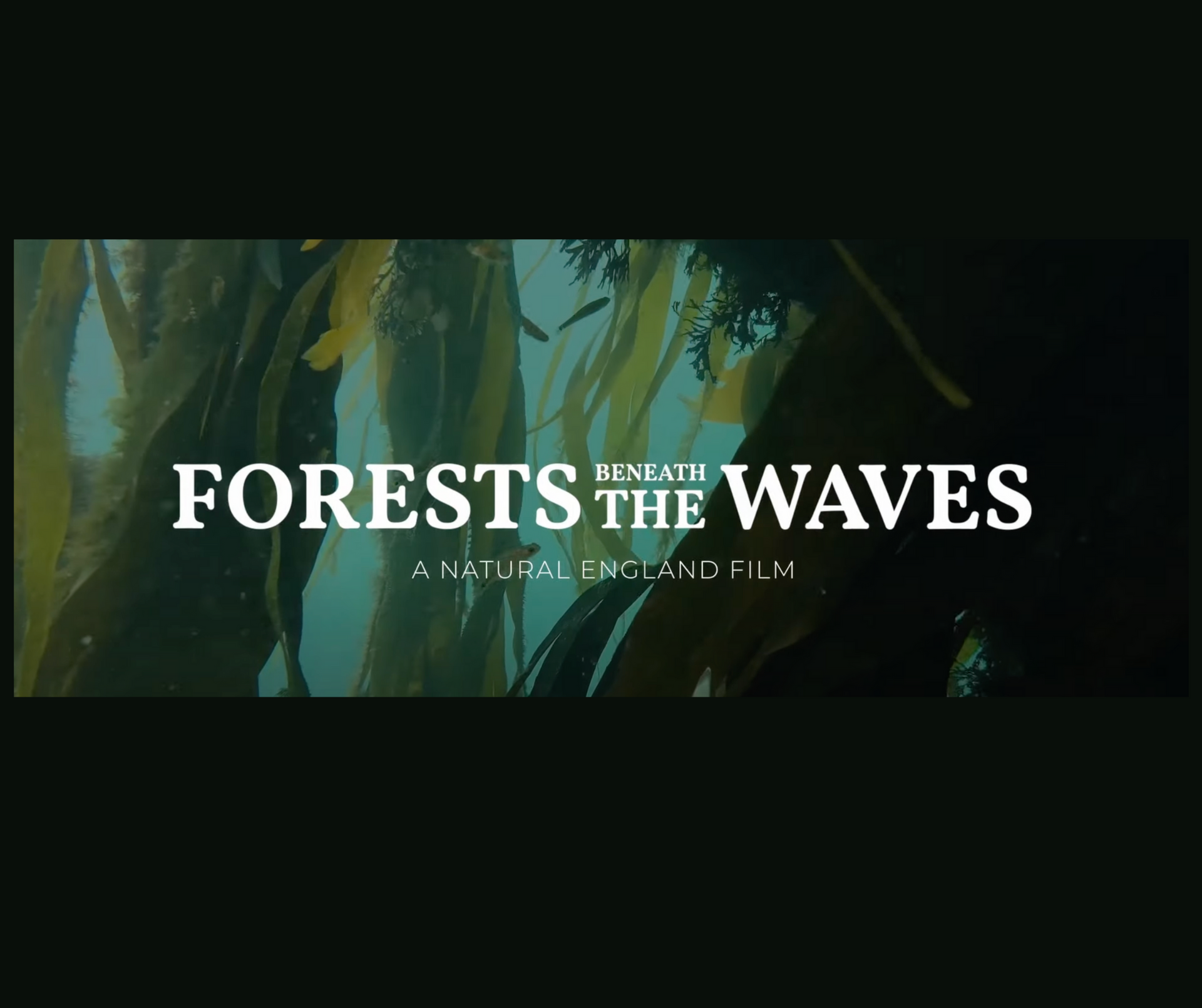March 2, 2025
Job Title: Program Manager Location: Remote Organization: Ecologists Without Borders Hours: Part-Time (10-20 hrs per week) Term: Through December 31, 2025 (renewal possible, subject to funding) Compensation: Subject to grant funding availability and applicant’s level of experience About Us Ecologists Without Borders (EcoWB) is dedicated to environmental conservation and community-led sustainable development. We work globally to implement impactful projects that address ecological challenges, empower local communities, and promote long-term environmental resilience. Position Summary EcoWB is seeking an organized and proactive Program Manager to oversee ongoing environmental projects, develop new projects in collaboration with environmentally vulnerable communities worldwide and expand partnerships that align with our mission. This is a fully remote position and no travel is anticipated as part of this position. The ideal candidate has nonprofit environmental work experience, strong communication and organizational skills, and a passion for conservation and community development in an international setting. This role provides a hands-on opportunity to expand EcoWB’s project program, both internally and externally through engagement with potential partner organizations and supporting EcoWB Volunteer Project Managers, while contributing meaningfully to EcoWB’s mission. Key Responsibilities Project Program Management: Working with EcoWB Volunteer Project Managers, monitor and support ongoing environmental projects around the world, ensuring successful outcomes. Develop and implement recruitment and training for new EcoWB Volunteer Project Managers, and coordinate assistance to resolve project issues as needed. Actively participate in EcoWB Projects Committee monthly meetings, participate in reviewing and scoring of project proposals, and present recommendations for new projects to the Board for approval. Project Program Development: Identify opportunities for new environmental projects in cooperation with local community partners, design initiatives, and coordinate their launch. Develop and propose project program policies and procedures in coordination with the Project Committee. Outreach & Partnerships: Build relationships with international community organizations, businesses, government agencies, and other stakeholders to expand our programs and reach. Volunteer Engagement: Work with the Volunteer Coordinator to engage and recruit EcoWB volunteers in project activities. Grant & Funding Support: With the support of the Development Director, assist in identifying and applying for grants and funding opportunities to support ongoing projects and program growth. Assist Project Managers with providing project descriptions and success stories to the Marketing and Communications Committee and Development staff to illustrate EcoWB’s story through specific impacts. Monitoring & Reporting: Track Project Program impact through monthly, annual, and grant-specific reports, maintain detailed records, and communicate results. Minimum Qualifications & Skills Passion for environmental conservation and community-led sustainable development. Experience in nonprofit work, environmental initiatives, international development, and/or project coordination. Familiarity with norms and standards for international development. Basic budget management experience (or willingness to learn). Strong organizational and leadership skills. Excellent communication and relationship-building abilities. Ability to work independently and collaboratively in a remote work environment. Proficiency in Microsoft Office (Word, Excel, Outlook), videoconferencing, and basic project management tools. Professional proficiency in written and spoken English. Preferred Additional Qualifications & Skills Familiarity with fundraising or grant writing. Experience with environmentally vulnerable communities. Experience tracking project impacts and reporting outcomes. Experience working with volunteers from a range of backgrounds and community organizations. What We Offer Opportunity to lead and expand meaningful environmental project program. Flexible remote work schedule (with availability during normal U.S. business hours). Opportunity to work with highly motivated volunteers and help communities around the world address environmental challenges. How to Apply Interested candidates should submit a resume and a brief cover letter outlining their experience and interest to HR@ecowb.org . In the cover letter, please include your expected salary or hourly rate for the position. Applications will be accepted through March 21, 2025 and reviewed in the order received until one or more acceptable candidates are found. On the basis of the information submitted, promising applicants will be interviewed by members of EcoWB’s review team. Work is expected to begin early to mid-April.




